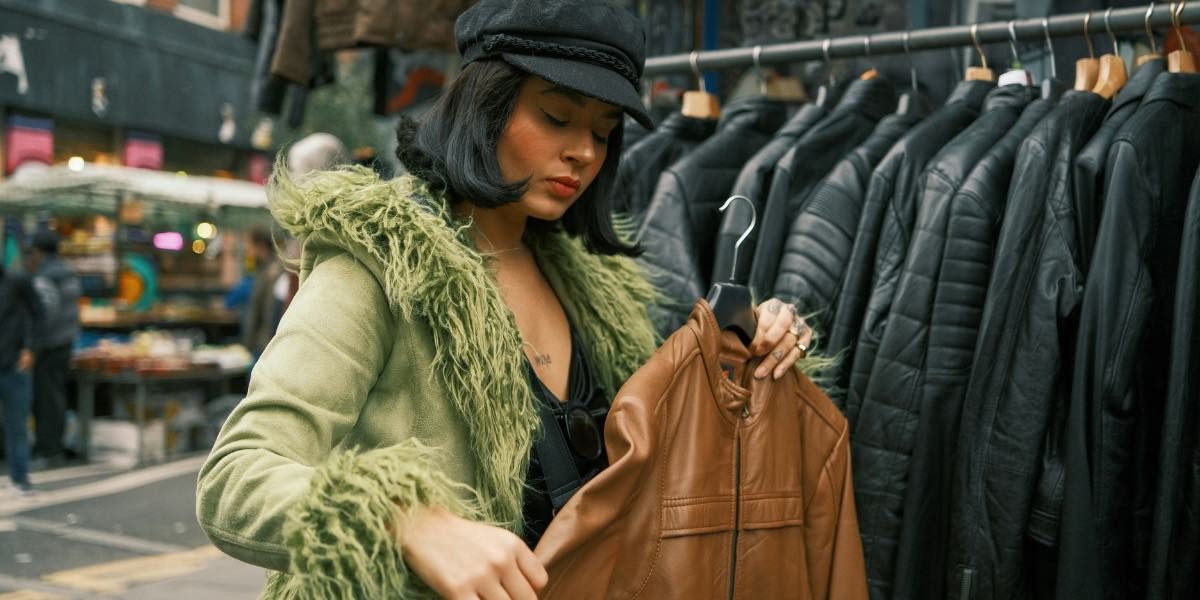Secondhand stores have become a recognizable element of Dallas’ retail landscape, offering residents and visitors access to a variety of gently used items. These stores provide an alternative to new retail goods by circulating pre-owned clothing, furniture, books, and household items. This creates a retail niche that appeals to shoppers interested in affordability, variety, or unique pieces that differ from typical mass-produced products. Secondhand stores contribute to the fabric of the local retail economy by drawing a customer base that values both the shopping experience and the practical advantages of purchasing secondhand.
In different neighborhoods across Dallas, the presence of these stores varies, reflecting diverse community needs and interests. Certain districts, known for their eclectic or artistic atmospheres, have a higher concentration of thrift shops and consignment stores. In these areas, shoppers often encounter vintage apparel and curated collections that reflect the local culture and aesthetic preferences. Meanwhile, more residential neighborhoods may host secondhand stores focused on everyday necessities such as children’s clothing or household goods, providing practical options for families seeking budget-conscious shopping.
Read also: How to Build a Posh Dallas Wardrobe Without Overspending
What Economic Role Do Secondhand Stores Play in Dallas?
Secondhand stores contribute to the local economy in ways that extend beyond simple retail transactions. Many of these stores are locally owned small businesses, which means that the revenue generated tends to stay within the community. This local ownership supports entrepreneurship and often leads to the creation of jobs within the neighborhood, including positions in sales, inventory management, and store operations.
The pricing structure in secondhand stores tends to be lower than that of new merchandise, which provides accessible options for shoppers with limited budgets. In a city where the cost of living has risen steadily, affordable retail options help to diversify purchasing power. This can be particularly important for populations that might otherwise have restricted access to quality goods.
Some secondhand stores also operate under nonprofit models or partner with charitable organizations. These partnerships sometimes direct portions of proceeds to local causes or community programs. This relationship not only supports social initiatives but also encourages shoppers to see their purchases as contributing to wider community benefits, integrating economic activity with social responsibility.
How Do Secondhand Stores Reflect Dallas’ Cultural Diversity?
Dallas is known for its diverse population, and secondhand stores often mirror this cultural variety in their inventory and clientele. The types of items available may represent the tastes, traditions, and needs of different communities. Clothing collections might include styles catering to various cultural backgrounds, while books and media can reflect a range of languages and perspectives.
In areas with strong artistic or historic significance, secondhand stores often emphasize vintage or retro items that resonate with local heritage and creative expression. This allows shoppers to connect with the cultural identity of the neighborhood through their purchases. Some stores also stock goods imported from other regions or countries, providing access to items that celebrate multiculturalism.
Community events or themed sales sometimes take place at these stores, further reflecting the diversity of Dallas. These occasions provide opportunities for social interaction and cultural exchange, positioning secondhand stores as more than just retail spaces but also as informal community hubs.
What Are the Benefits of Shopping at Secondhand Stores in Dallas?
Shopping at secondhand stores offers several practical benefits that appeal to a broad range of consumers. Affordability remains a significant draw, allowing shoppers to acquire items at prices generally lower than those of new products. This financial accessibility can be especially important for families, students, or individuals managing tight budgets.
Another advantage lies in the potential to find unique or hard-to-find items. Vintage clothing, discontinued book editions, or distinctive home decor are examples of goods that may only be available through secondhand retail. This aspect attracts shoppers seeking to express individuality or to furnish their homes with characterful pieces.
Environmental considerations also play a role in the appeal of secondhand shopping. Purchasing used goods reduces demand for new manufacturing, which in turn lessens resource consumption and waste. Some shoppers view secondhand stores as a way to support sustainable consumption practices, aligning their purchasing habits with broader environmental concerns.
The social aspect can be another benefit. Many secondhand stores have a welcoming atmosphere that encourages browsing and discovery. Regular customers often develop a rapport with store owners and staff, fostering a sense of community.
Read also: Maximalism in Fashion: Embracing Boldness and Self-Expression in Style
How Do Secondhand Stores Influence the Retail Experience in Dallas?
Secondhand stores contribute to the retail experience in Dallas by providing alternatives to conventional shopping environments. Unlike large chain stores that often prioritize uniformity and mass production, these stores tend to offer a more varied and personalized atmosphere. The diversity of inventory means that shopping trips can feel exploratory, with an element of surprise or discovery.
The layout and design of secondhand stores often reflect the character of the owners and the local neighborhood, creating distinctive retail spaces that contrast with generic retail settings. Customers may find that these stores cater to niche interests or hobbies, such as collectors of vintage fashion or enthusiasts of rare books.
Additionally, secondhand shopping tends to emphasize interaction and storytelling. Each item may come with its own history, prompting conversations and engagement between buyers and sellers. This dynamic adds a social dimension to the shopping process that can enhance satisfaction and build customer loyalty.
Through their presence and practices, secondhand stores enrich Dallas’ retail ecosystem by broadening consumer choices and supporting economic diversity. They also contribute to community identity and provide accessible shopping options within the city’s evolving commercial landscape.















